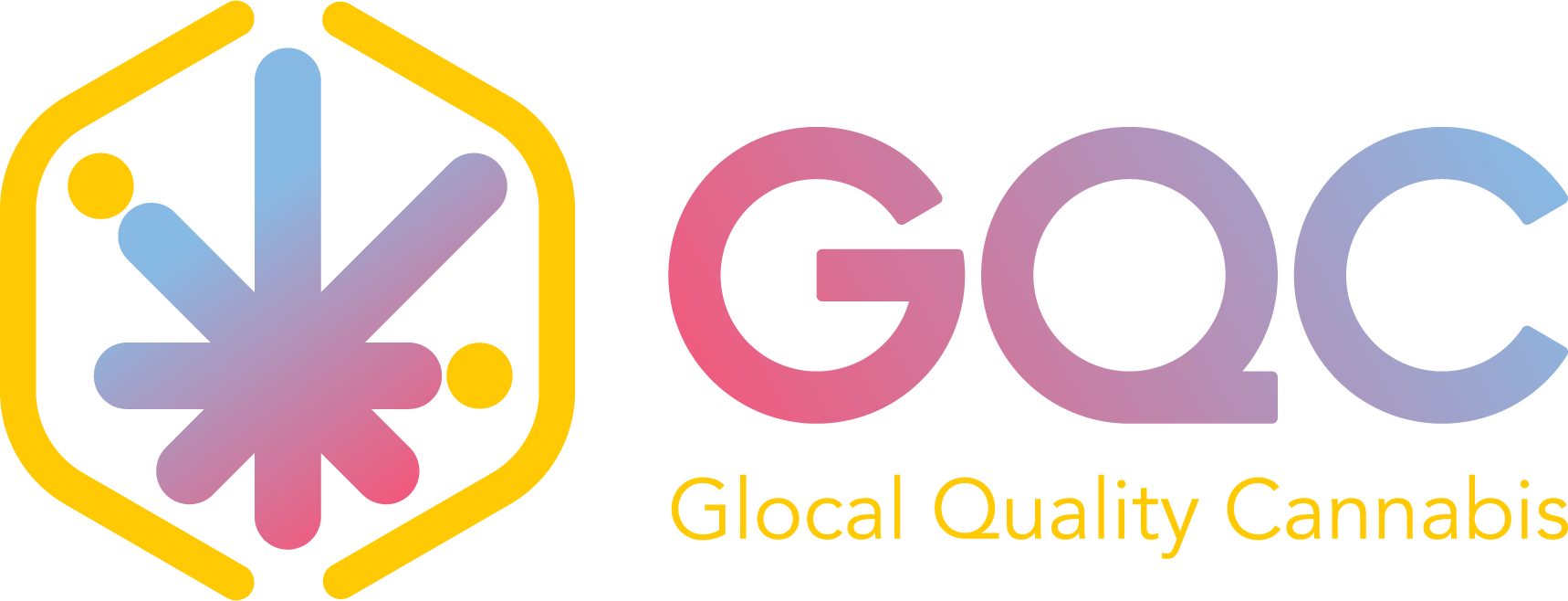Like the rest of the world, the main challenge for the Brazilian legal cannabis market is to know its real size and growth potential. Countless variables must be considered in this equation, whose predominant factor is the inescapable law of supply and demand. Recent news shows us a veritable invasion of cannabis brands and products aimed at patients in Brazil.
Anvisa’s RDC 327/2019 was the resolution responsible for establishing the criteria for granting the authorization for the import, manufacture, commercialization, prescription and dispensing of cannabis products for medicinal purposes in Brazil. Therefore, it is necessary to use a step-by-step approach to obtain the license and commercialize the product [1].
The first aspect concerns the amount of THC. Predominantly, the cannabis-based product must have CBD and up to 0.2% THC in its composition. If the product has more than 0.2% THC, it can only be offered to patients with no other alternatives and in irreversible or terminal situations. In addition, the product can only be used by the oral or nasal routes and importation and commercialization of plants or parts of the plant is not allowed.
But recently, for the first time, a patient won in court the right to have treatment with cannabis flowers funded by the health plan to treat anxiety disorder. This shows that there is a movement by the Brazilian government to find ways to legalize medical cannabis [2].
It is true to say that the number of registrations and imports of cannabis products has been growing rapidly and consistently in the country. According to data from BRCANN (Brazilian Cannabinoid Industry Association), Anvisa’s authorizations grew by over 100% in 2021 compared to the previous year [3].
Another significant aspect for understanding the increasing number of authorizations is the regulatory evolution brought about by RDC335/2020, which made the import process for physicians and patients more digital and less bureaucratic, eliminating the requirement for renewal [4]. However, very few physicians prescribe these products, whether due to a lack of knowledge, bias, misinformation or lack of confidence in existing data [5].
Anvisa has already approved 18 cannabis-based products in Brazil. Eight are based on cannabis sativa extracts, and ten are on the phytopharmaceutical cannabidiol. After the decision, products made with cannabis for medicinal use can be sold in pharmacies in Brazil or imported. Two of them are the first products to be approved by Anvisa with a THC content above 0.2%, and this authorization is based on RDC 327/2019 [6].
The text of PL 2899/2022 does not mention the cultivation by individuals. However, the same can be claimed via jurisprudence, such as the recent and unprecedented case in which the Federal Superior Court granted permission to three patients from São Paulo; two for treating psychiatric illnesses, and the third for diabetes, depressive disorder, social phobia and post-traumatic stress. In practice, the decision authorized the safe conduct of cultivating and extracting the medicinal cannabis extract at home without the risk of arrest [7].
There is also Bill No. 172/2021, which has already been approved by the Constitution and Justice Commissions and also by the Budget Commission. Essentially, Bill No. 172/2021 deals with the distribution of cannabis-based products in the Brazilian Unified Health System (SUS) [8]. It now remains with the Health Commission to be voted on by the House Plenary.
With the regulation and legalization being implemented in Brazil, medical cannabis and hemp tend to be directed towards the industry, impacting countless economic sectors, such as companies that produce plastic, wood, metal, food, biofuels, animal feed, and biological and ecologically environmental tools to recover contaminated soils.
In addition to the Federal District, other Brazilian states have sent to the Legislative Chamber the Bill that regulates the cultivation of cannabis for medicinal and scientific purposes. Brazil no longer follows the dialogue on this topic on the bias of being for or against medicinal and scientific use but on what the general post-regulation scenario will be like, understanding that innumerable pieces of evidence demonstrate the health benefits of cannabis.
References
[1] Diário Oficial da União. (2019, December 9). RESOLUÇÃO DA DIRETORIA COLEGIADA – RDC Nº 327, DE 9 DE DEZEMBRO DE 2019. Retrieved from Diário Oficial da União
[2] Cavalcante, T. (2022, November 11). Paciente faz história ao conseguir tratamento com flores pelo plano de saúde. Retrieved from Cannalize
[3] Medicina S/A. (2022, May 22). Uso de Cannabis medicinal no Brasil dobra em 2021. Retrieved from Medicina S/A
[4] Diário Oficial da União. (2020, January 24). RESOLUÇÃO – RDC Nº 335, DE 24 DE JANEIRO DE 2020. Retrieved from Diário Oficial da União
[5] Portal Hospitais Brasil. (2020, November 26). Apenas 0,003% dos médicos brasileiros prescrevem Cannabis. Retrieved from Portal Hospitais Brasil
[6] Agência Nacional de Vigilância Sanitária – Anvisa. (2022, May 12). Anvisa aprova mais três produtos de Cannabis para uso medicinal. Retrieved from Agência Nacional de Vigilância Sanitária – Anvisa
[7] Superior Tribunal de Justiça. (2022, June 14). Sexta Turma dá salvo-conduto para pacientes cultivarem Cannabis com fim medicinal. Retrieved from Superior Tribunal de Justiça
[8] Câmara Municipal de Salvador. (2022, October 19). André Fraga lamenta restrição do uso de cannabis medicinal no Brasil. Retrieved from Câmara Municipal de Salvador





